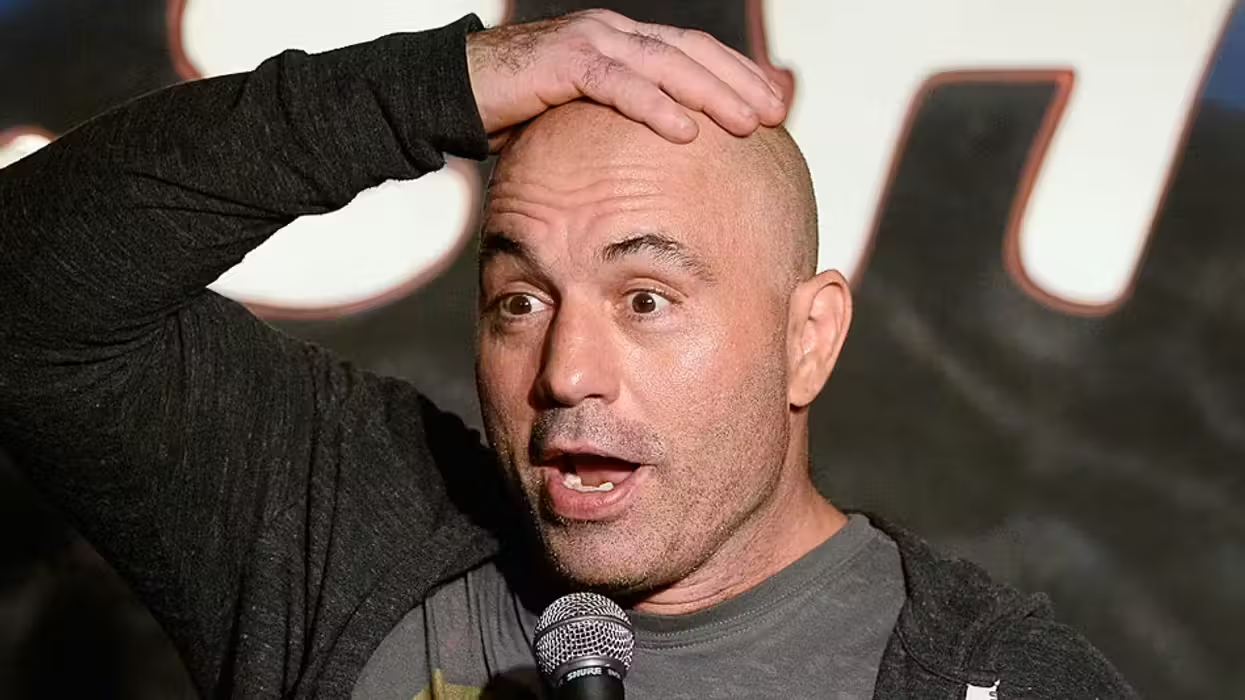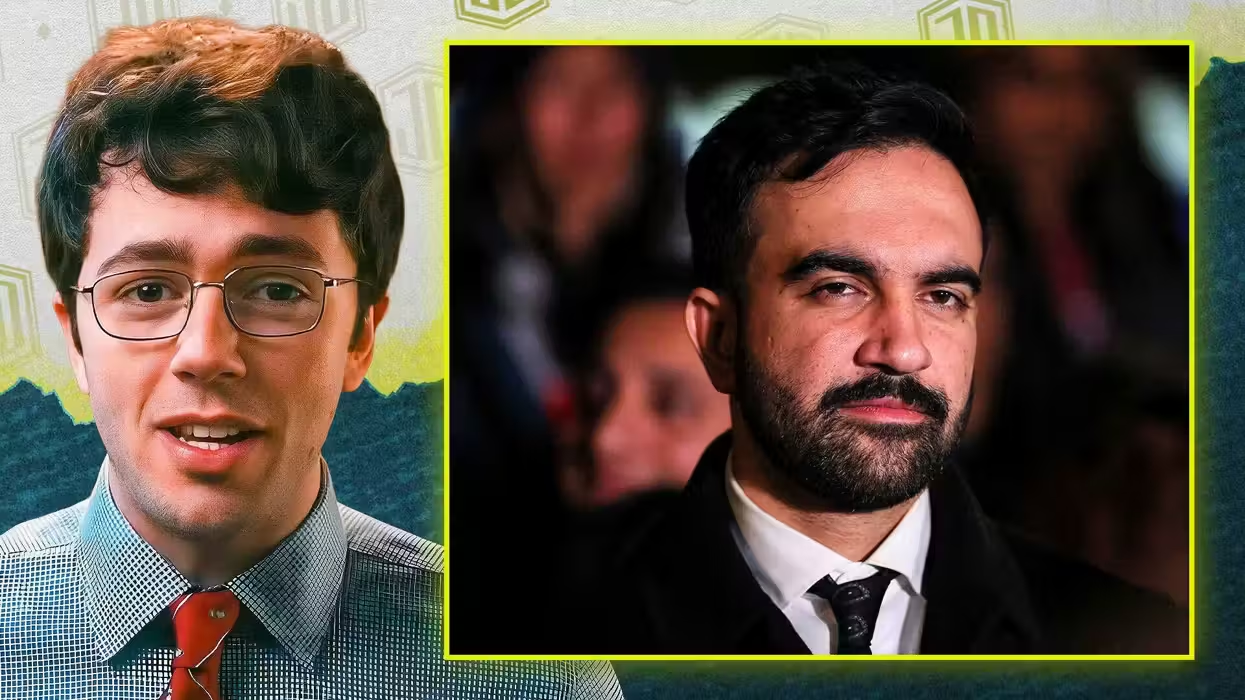In a January New Yorker Magazine story, Brooks Patterson, the County Executive of Oakland County, Mich., had harsh things to say about Detroit.
“I made a prediction a long time ago,” he said, “and it’s come to pass. What we're gonna do is turn Detroit into an Indian reservation where we herd all the Indians into the city, build a fence around it, and then throw in the blankets and the corn.’”
I don’t know much about Detroit, but I know a lot about Indian reservations. He was not far off.
 In a photo from Monday, Dec. 2, 2013, an empty field in Brush Park, north of Detroit's downtown is shown with an abandoned home. (AP Photo/Carlos Osorio, File)
In a photo from Monday, Dec. 2, 2013, an empty field in Brush Park, north of Detroit's downtown is shown with an abandoned home. (AP Photo/Carlos Osorio, File)
I grew up in Deer River, Minn., about an hour south of the Canadian border. Population 800. My brother, Bill, and I spent many summers on the farms of friends and relatives. We waited until the end-of-year report cards were available and then off to the farm. Our friend’s dad was a school bus driver and we would ride with him as he delivered the report cards to the kids on his bus route. He would stop at the house and we would run in with the report cards.
The Ball Club and Inger Chippewa Indian Reservations were included on the route. The houses were sparse. The better ones had wood or cement floors. Often the floor was dirt. I was never in one when the temperature was negative 40 degrees, but I often wondered how they were doing.
In elementary school the Indian students were often at the top of the class. They were artistic. They were smart. They didn't graduate: Teen-age pregnancies, crime, alcohol, violence. There were no fathers in those homes.
For more than a hundred years America rounded up the Indians and put them on reservations so we could take care of them. Bureaucrats told them where to go to school, which dentist and doctor to see and where to buy school clothes. The government paid the bill. In time the influence of the breadwinner was replaced by the influence of a bureaucrat with a government check and the breadwinner left.
 In this Thursday, Feb. 6, 2014 photo is a rundown mobile home with an empty propane tank where 61-year-old Debbie Dogskin was found dead on Tuesday at the Standing Rock Reservation in Fort Yates, N.D. A nationwide propane shortage has hit the American Indian reservation that straddles the Dakotas’ border particularly hard. A more than doubling of the fuel’s cost has crippled efforts to stay warm - and alive - through the harsh winter where most people rely on propane to heat their often ramshackle homes. (AP Photo/Kevin Cederstrom)
In this Thursday, Feb. 6, 2014 photo is a rundown mobile home with an empty propane tank where 61-year-old Debbie Dogskin was found dead on Tuesday at the Standing Rock Reservation in Fort Yates, N.D. A nationwide propane shortage has hit the American Indian reservation that straddles the Dakotas’ border particularly hard. A more than doubling of the fuel’s cost has crippled efforts to stay warm - and alive - through the harsh winter where most people rely on propane to heat their often ramshackle homes. (AP Photo/Kevin Cederstrom)
I'm the only white man that ever played baseball with the Inger Indians. They had a county league baseball team and asked me to be their catcher. We had a pitcher on that team named Richie Robinson. He had a curve ball that looked like it was coming at you from third base. Richie was offered a minor league contract that summer. He didn't know if he should take it.
I said, "Richie, you’re 26 years old and you've never had a job. Some fool wants to pay you for playing baseball. Sign the contract!"
Six weeks later Richie was back in town. I asked why. He said, "I just couldn't make it. I didn't know how to get an apartment so the owner had to help me. I kept forgetting how to change buses. I didn't know if I should get a black and white or color TV. I just couldn't make all those decisions."
I was 17 and was struck that the years of bureaucratic hand holding and paternalistic care had stolen from him the ability to decide.
They're all dead now. Esica Ogema, Richie Robinson, Frank Rabbit, David Cloud, Johnny Wakanabo, Tom Bowstring. They died too young. Not because government did too little. But because government did too much.
Having done so well with the American Indian we have replicated the reservation in every major city in America with the exact same results. Teen-age pregnancies, crime, drugs, violence. No fathers in those homes. Not because government did too little. But because government did too much.
John Linder served in Congress for 18 years from Georgia. He and his wife, Lynne, have retired to a farm in Northeast Mississippi. He can be contacted at: linderje@yahoo.com
–
TheBlaze contributor channel supports an open discourse on a range of views. The opinions expressed in this channel are solely those of each individual author.


 In a photo from Monday, Dec. 2, 2013, an empty field in Brush Park, north of Detroit's downtown is shown with an abandoned home. (AP Photo/Carlos Osorio, File)
In a photo from Monday, Dec. 2, 2013, an empty field in Brush Park, north of Detroit's downtown is shown with an abandoned home. (AP Photo/Carlos Osorio, File)






